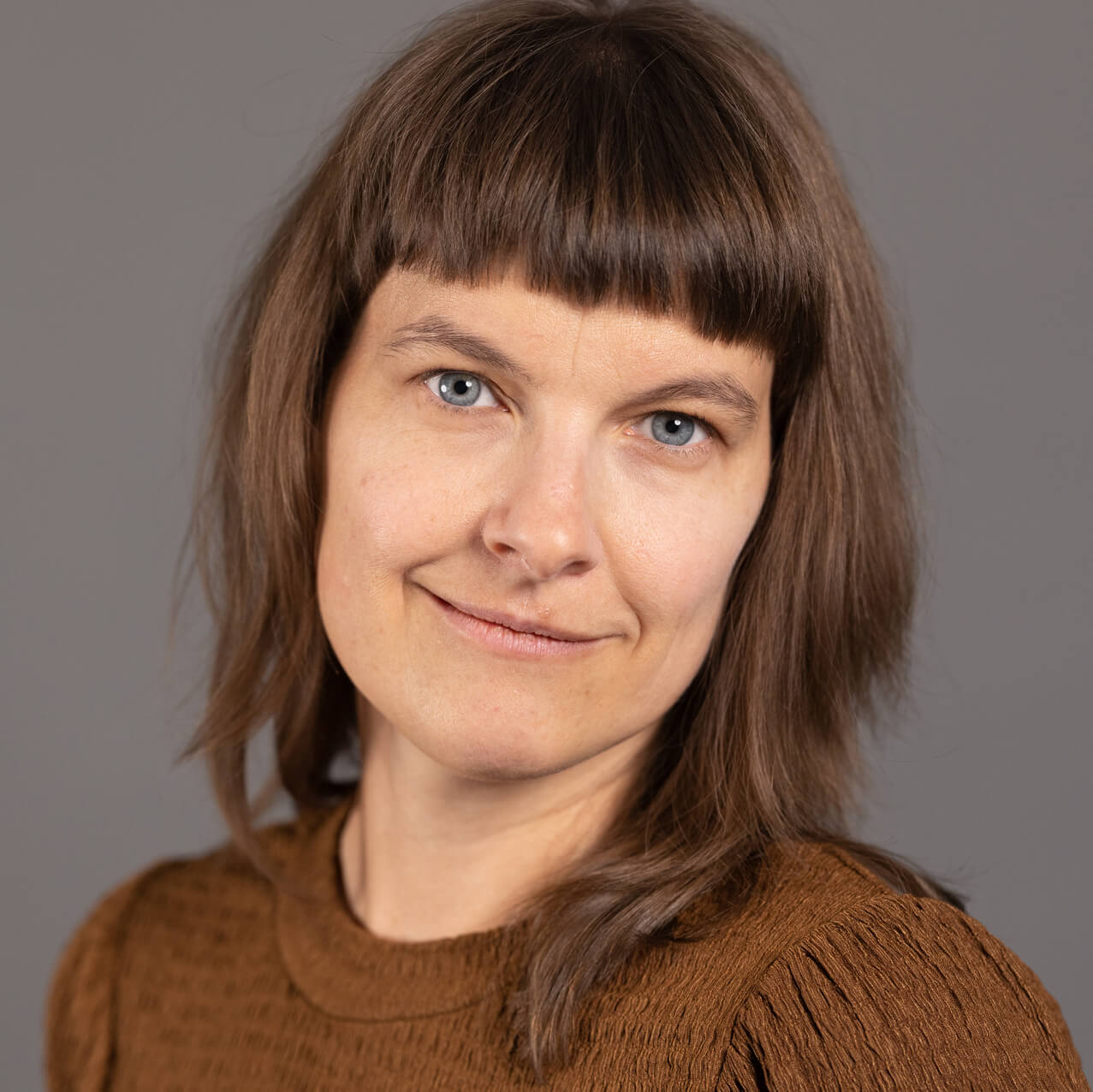How learning works and the role digital tools play in it – that was the EdTech Austria Summit 2023
Relationship work and empowerment were two of the key topics at yesterday’s 2nd EdTech Austria Summit at the Kavalierhaus Klessheim in Salzburg. Yes, that’s right, because in the field of EdTech, experts agree: Technology is a vehicle to improve education, make it more individualized, and more equitable. However, the foundation of learning lies in relationship work, the belief in the potential and enthusiasm of teachers.
This is good news, especially for the attending educators, as new technologies are rapidly evolving and they are here to stay. Both their integration into teaching as tools and their assessment in terms of relevance, credibility, and impact should be part of education. This is an important task that should not be underestimated. It is reassuring, therefore, that perfection is not demanded, but rather the aforementioned relationship work and the strengthening of personality. Julia Pichler, Director of EdTech Austria, sums it up: “Education = Knowledge = Competence = Opportunities for a good life.”
One does not need to know how to program to have an influence on applications
“Computational Empowerment” and “Participatory Design” were also frequently mentioned categories. In the former, the focus is on conveying opportunities for co-creation, showing that users do not have to remain mere consumers, but can and should have an influence on digital offerings. The education of critical thinking individuals with the ability to reflect and the willingness to contribute takes precedence over technology here as well. “Participatory design” follows the same line. It involves involving non-programmers in the development of new applications because they are the experts when it comes to their lives and work environments, and they can provide valuable inputs for software that is ultimately intended to support them. Keynote speaker Christopher Frauenberger, for example, mentioned a project with children where they developed a kind of giant musical instrument. It consists of plates distributed on the floor that play tones when pressed. Once the reset button is pressed, it is no longer known which plate produces which sound. The children can make music playfully and need cooperation to create a harmonious piece. They were involved from the beginning: from the development of ideas to the soldering of the pressure plates. They were seen as experts in their lives and the game and were able to contribute their expertise.
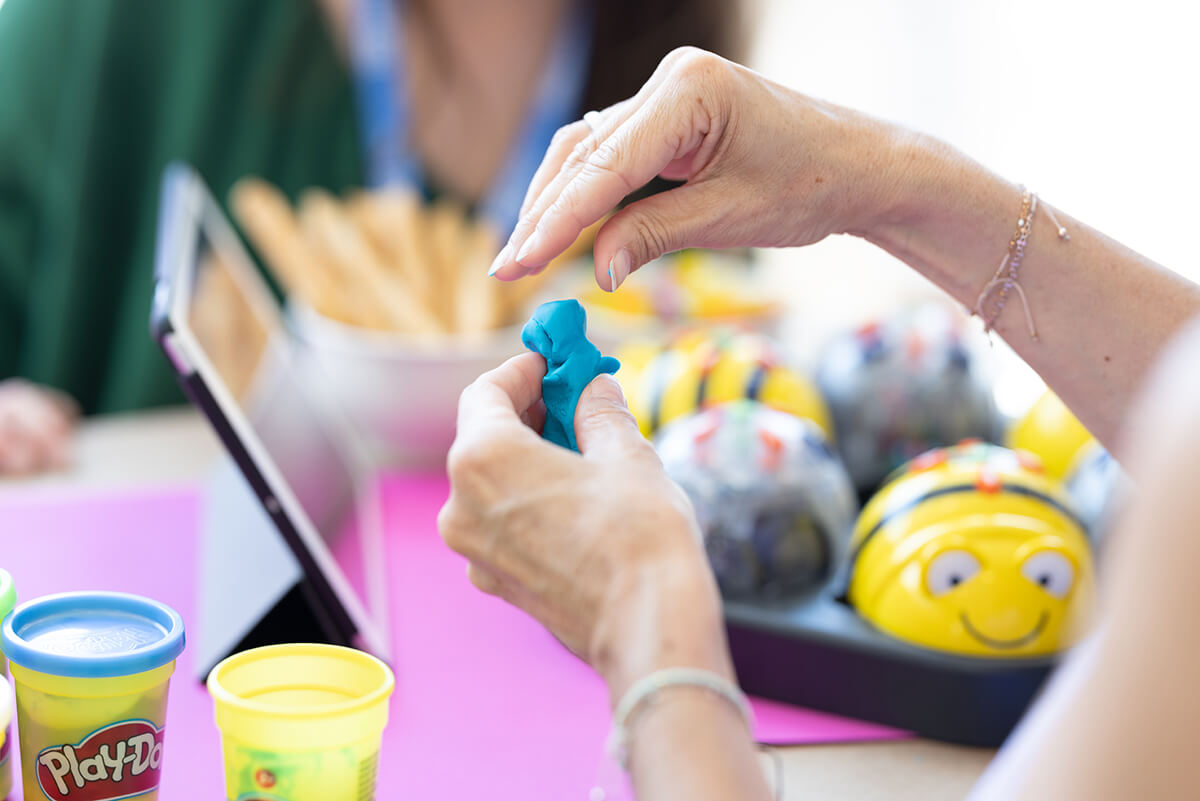
Digital education in practice
Elias and Gloria, students at BORG Radstadt, presented projects at their school. Digitalization permeates the teaching there. Those who are particularly interested can delve deeper into various modules. These include drone flights, working with an infrared camera, or 3D printing. Teams has been introduced into everyday school life, where teaching materials (which, as Elias emphasizes, are “more legible than before”) are provided, and they have the opportunity to listen to renowned researchers like Harald Lesch in their lectures. The entire school is also part of a regional STEM project focused on renewable energy. From planning a virtual wind park to assembling a wind turbine on the roof of the primary school, which involves various measurements, the topic is treated from various thematic directions as well as analog and digital approaches. Peer learning, where older students teach younger ones, is also part of the project.
According to researcher Günter Maresch from the University of Salzburg, the ideal way to learn is to explore a topic from as many angles and in as many ways as possible. This is the best way to anchor knowledge. He was part of the panel on EdTech from the perspective of researchers. As the main developer of the online learning platform RIF 3.0, which focuses on training and diagnosing spatial reasoning, he has found that “digital tools enable education regardless of the socioeconomic status of parents” and are therefore important building blocks in the fight for educational equity. However, Éva Kaczkó, a researcher in the field of business education at the University of Innsbruck, pointed out that the tool alone is not sufficient and that an introduction is needed. This was evident during the COVID-19 pandemic when children were left behind without the know-how and equipment of their parents.
Suggestions for classroom use
Petra Weixelbraun, a research associate at the University of Applied Arts and the Department of Digitalization at the Center for Teacher Education, took on the task of introducing teachers to digital tools in her keynote. She presented possible free and registration-free tools and also brought suggestions for assignments and critical questions to shed light not only on using the tools but also on their trustworthiness and impact on life and society when working with children and young people. Some of the tools included Scroobly, which allows users to animate a drawing by connecting it to a recording of their own movements, and the Infinite Drum Machine, which is a collection of 14,000 everyday sounds that can be combined to create music.
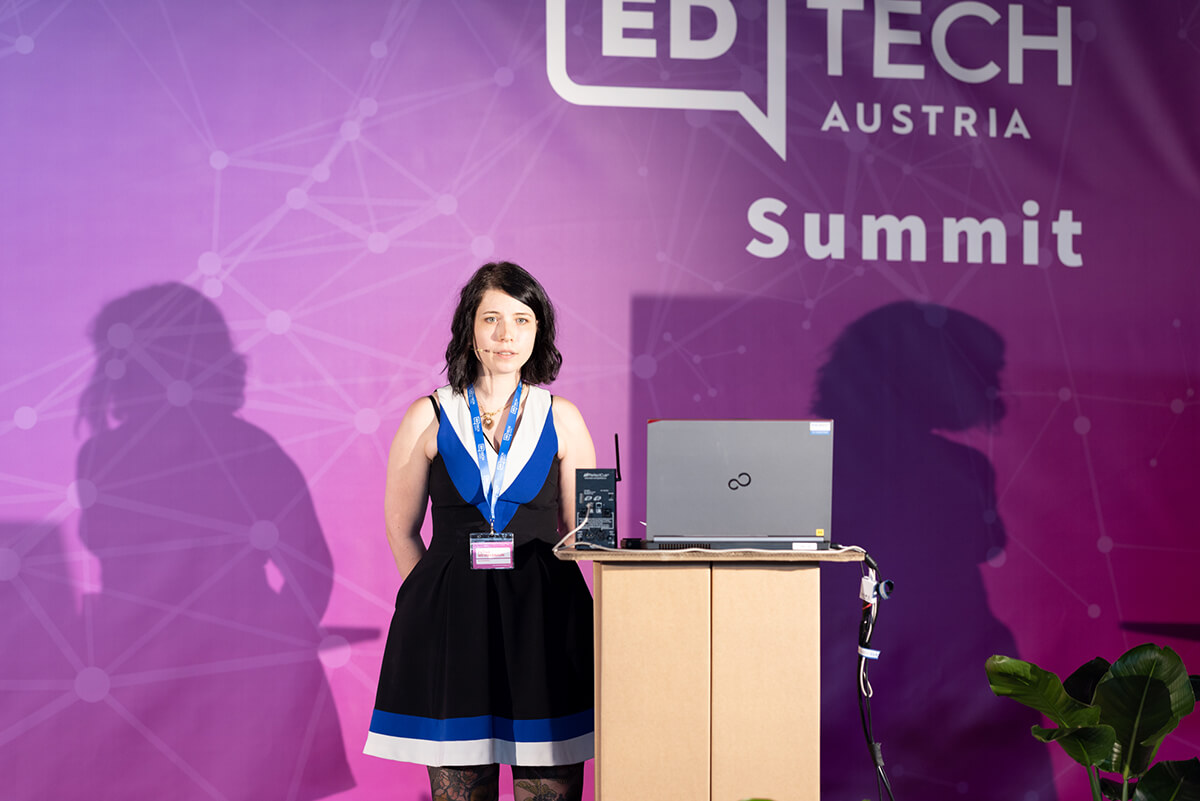
Discussing digital tools
Despite all the possibilities of digital applications, their implications for society should also be discussed and incorporated into education. The boundaries between reality and fiction can blur, as shown by digital avatars acting as influencers. They can set standards such as beauty ideals if there is no open and competent discussion about them. After the opening of the metaverse, an avatar of a staff member was raped by a group of other avatars. What does such an attack, albeit virtual, do to the feeling of physical safety? Justice also plays a role in these questions, as programming teams are often not diverse, resulting in mistakes such as forgetting to capture women’s menstrual cycles in a healthcare app. Or a facial recognition software that only recognizes a dark-skinned face when a white mask is worn (examples from Christopher Frauenberger’s keynote and the panel “Women leading EdTech: Women shaping the future of education”). It is therefore crucial that reflective individuals from different backgrounds and disciplines are involved in the development process.
Education through love
Inclusion, togetherness, and belief in one another are the topics of the closing keynote by Ali Mahlodji. He sees education not primarily as the conveyance of facts but as the imparting of skills that enable a person to lead a successful life. When it comes to the question of what constitutes a successful life, he refers to a Harvard study that followed 2,000 people for 80 years and explored the concept of happiness. The conclusion reached was that those who succeeded in relationships had the best lives. Relationships with oneself, partners, colleagues, and friendships. Education, therefore, also involves working on the ability to form relationships. For Ali himself, one teacher made the difference after dropping out of school and doing various odd jobs by reminding him of his talent for computer science. After completing his computer science education, he founded watchado and found meaning in helping young people find their purpose. Supported by technology: “With it, we can meet people where they are – on their mobile phones.”
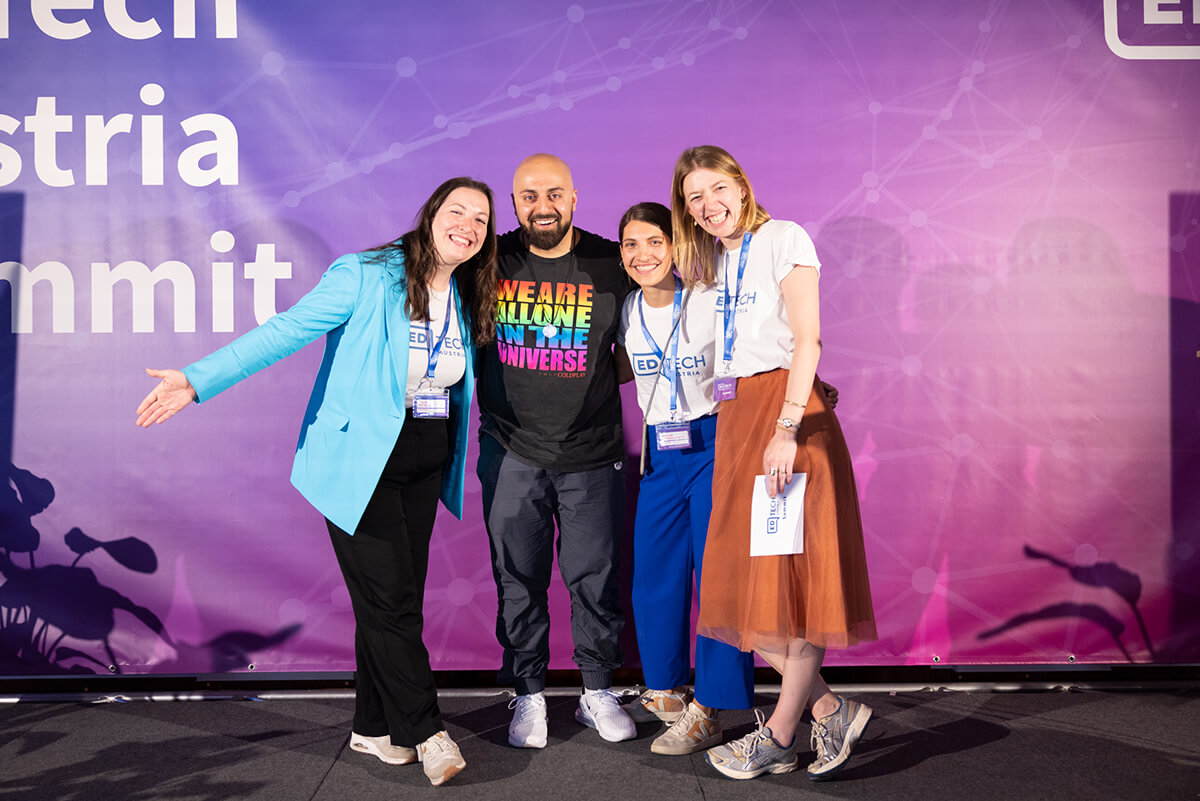
Tl;dr:
- Technology is not the primary focus of education, but it can make the learning experience more inclusive, individualized, and easier.
- We can no longer do without digital technologies; they will remain a part of our lives, and learning how to use and engage with them is necessary nowadays.
- Teachers can never know everything. Their contribution is crucial in shaping children and young people into critical, reflective, and independent individuals who can not only cope with complexity and constant change but also know how to actively shape them.
- Addressing technology only in computer science classes is not enough because technology permeates every aspect of our lives.
- There are introductory support programs for schools, such as the Connected Kids project by Magenta (https://www.magenta.at/connectedkids).
Of course, there is much more to say and show on this topic. Since we cannot cover everything here, we invite you to the EdTech Austria Summit 2024!
More articles
The following articles might also interest you.
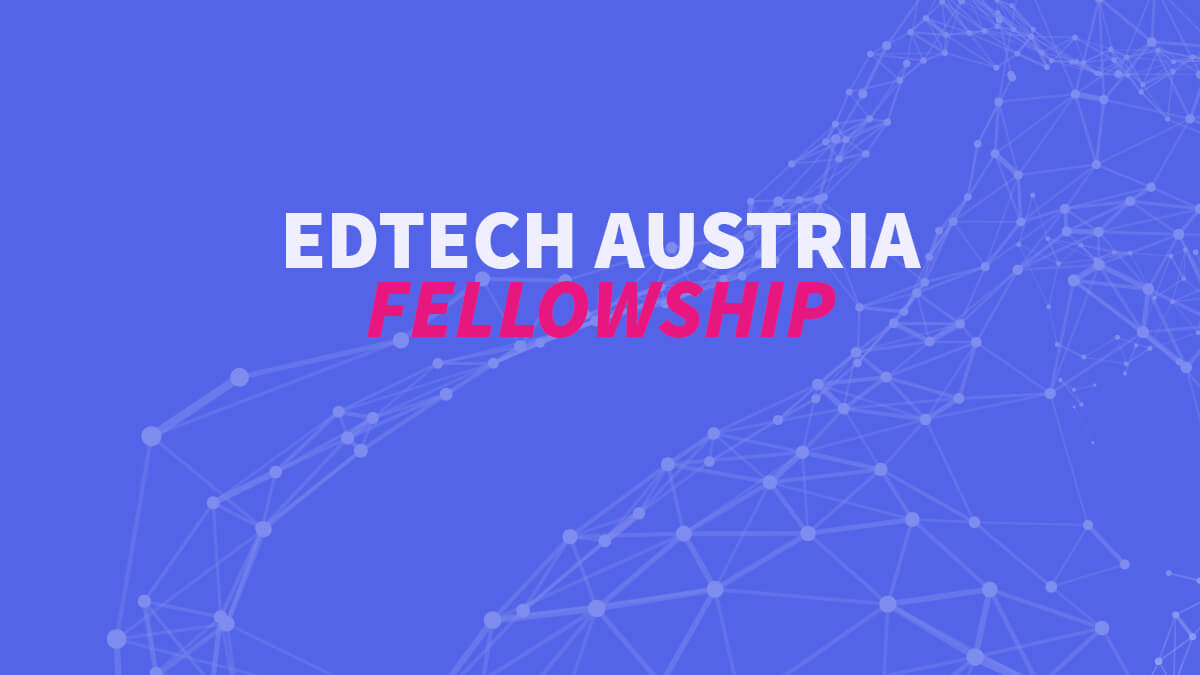
EdTech Austria Fellowship
24. October 2024
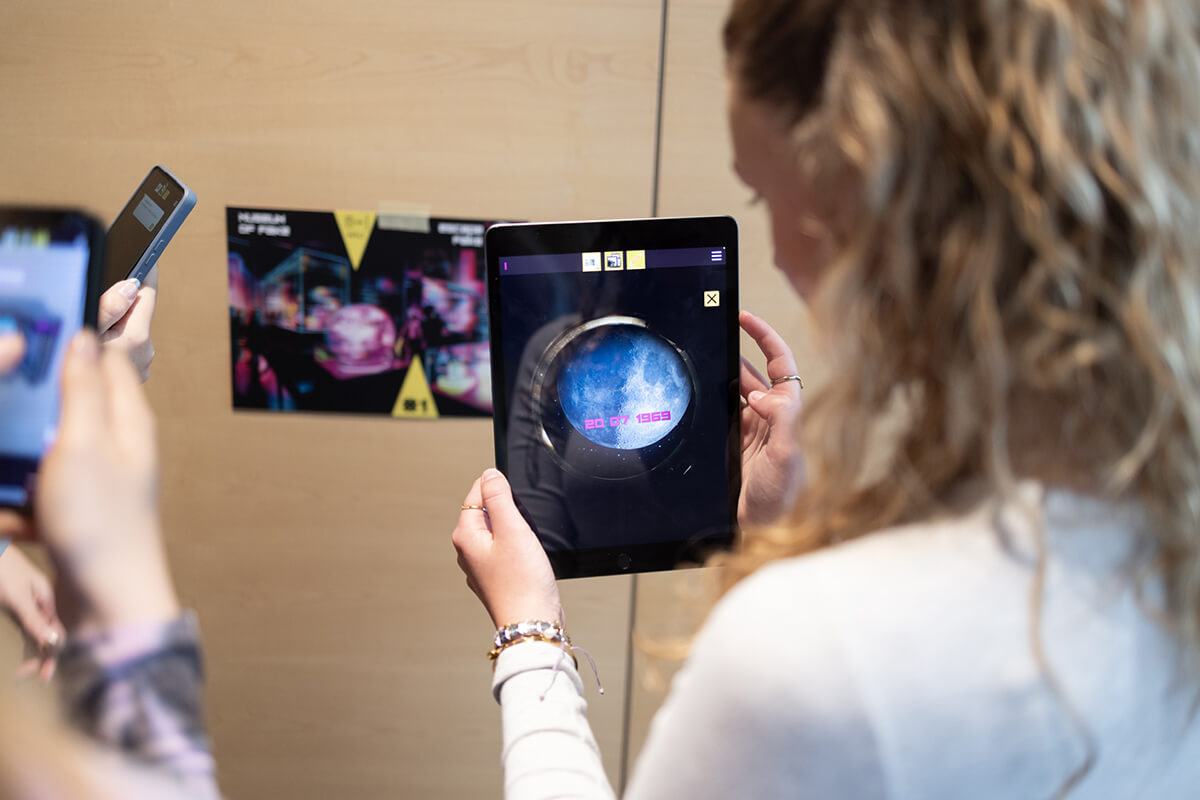
AR, VR and XR: Shaping Learning through Virtual Worlds
30. June 2025
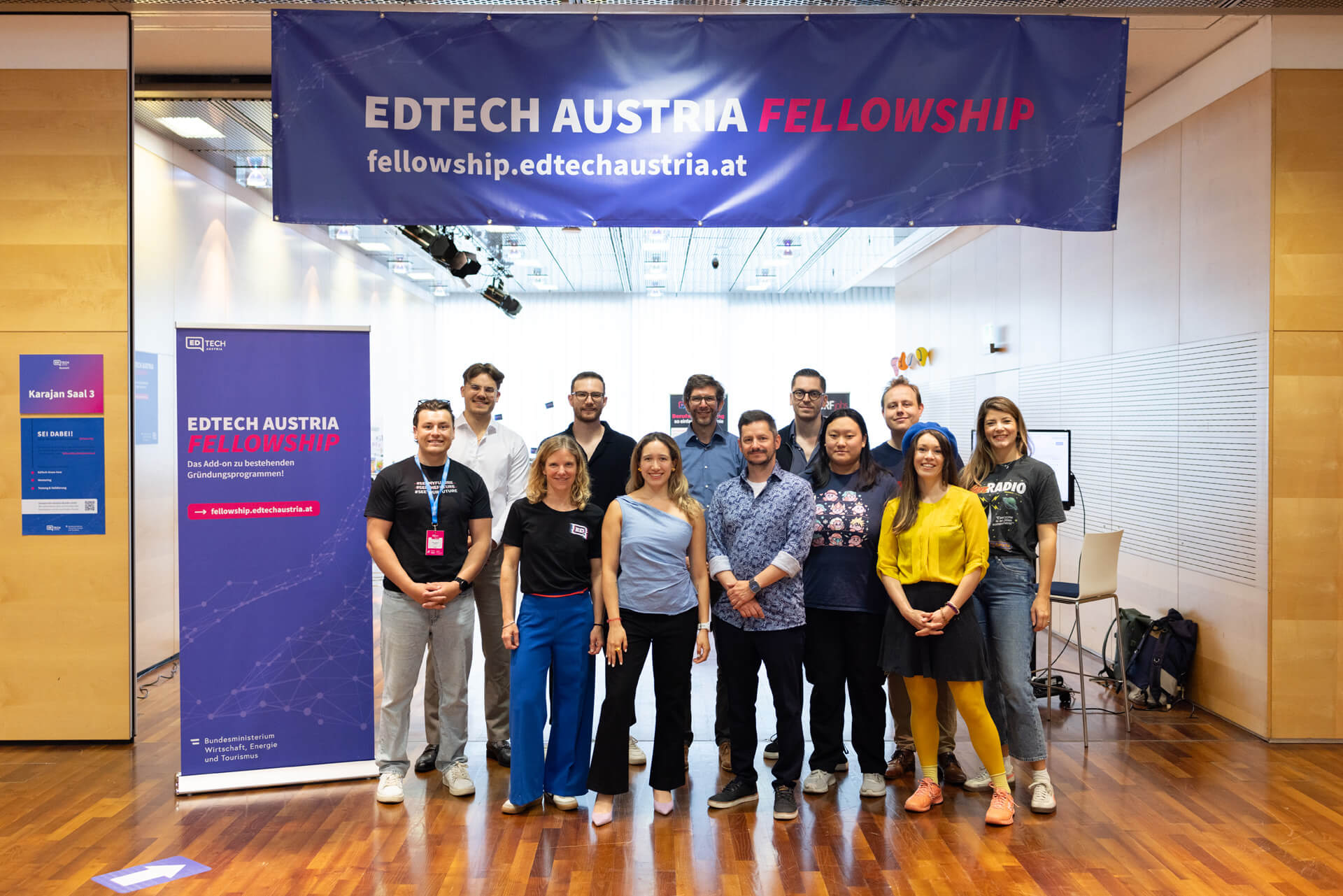
EdTech for all, all for EdTech – shaping the world of education together
18. June 2025
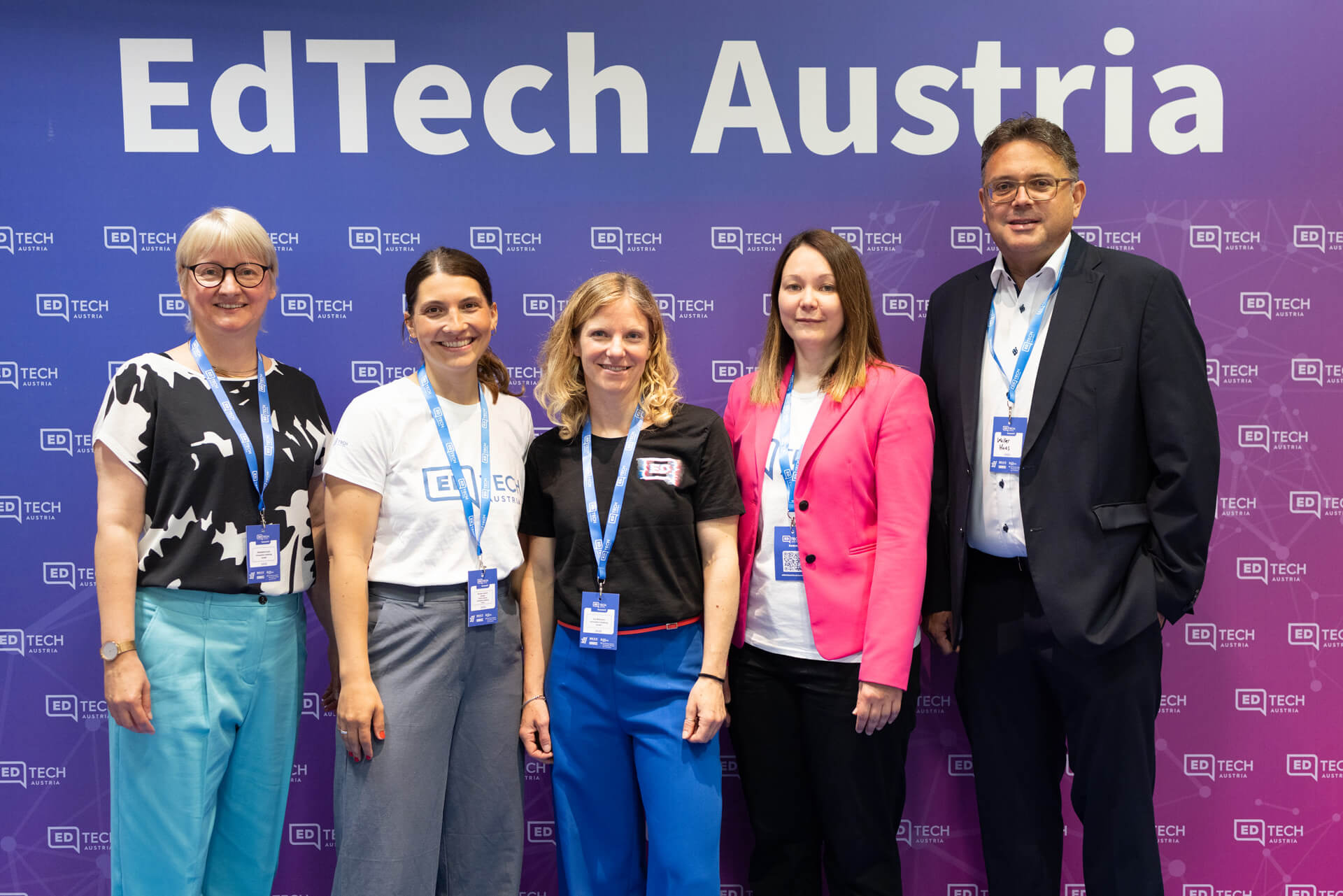
Real-World Practice Meets Innovation: The Fourth EdTech Austria Summit
3. June 2025
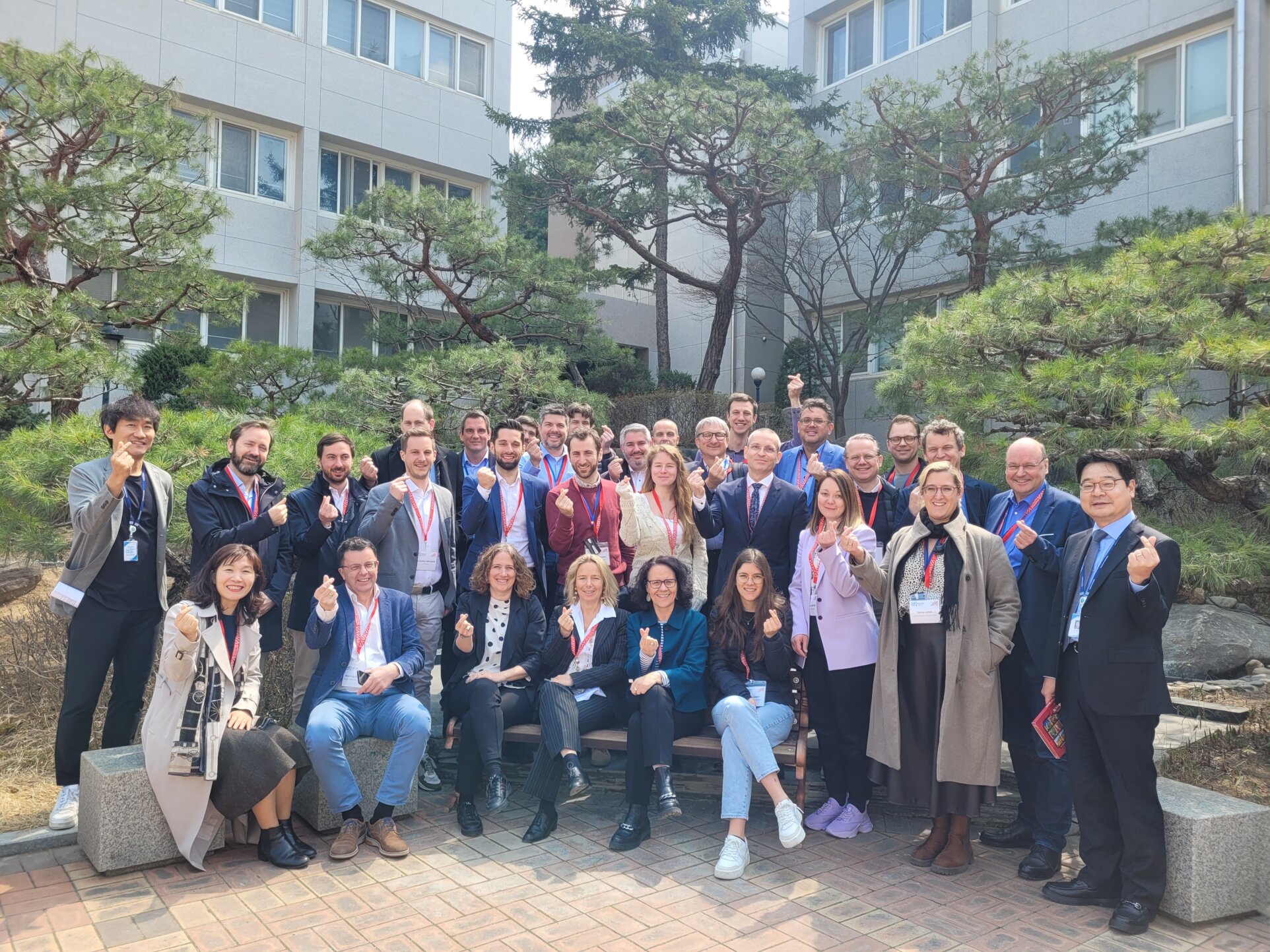
South Korea: How technology, culture and the courage to innovate are shaping education
30. April 2025
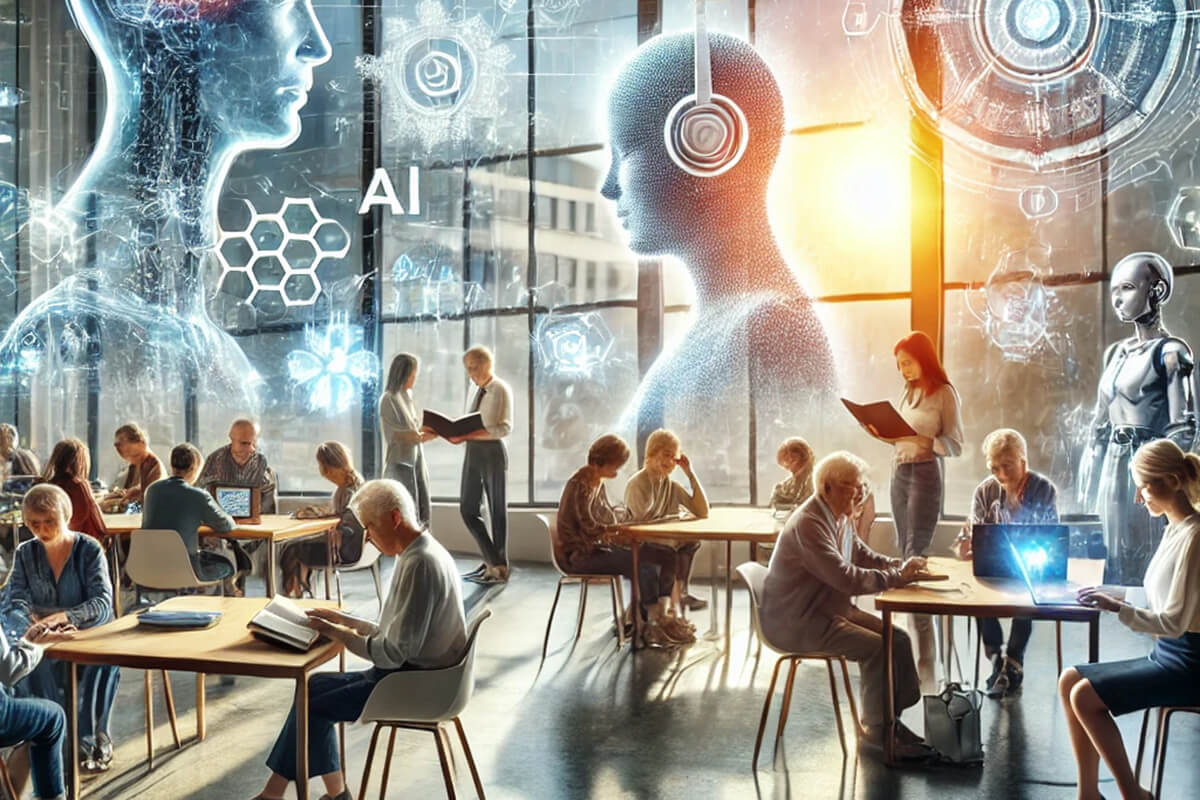
Lifelong Learning in Transition: Opportunities and Challenges of AI
17. January 2025
